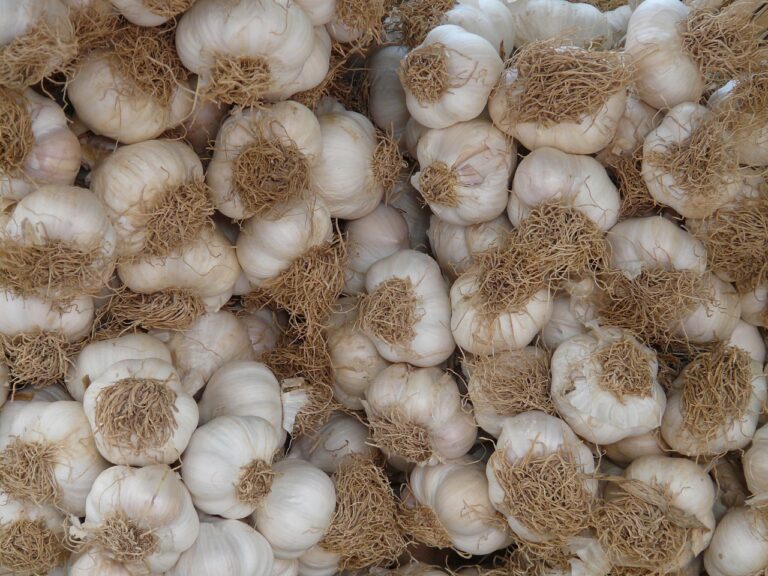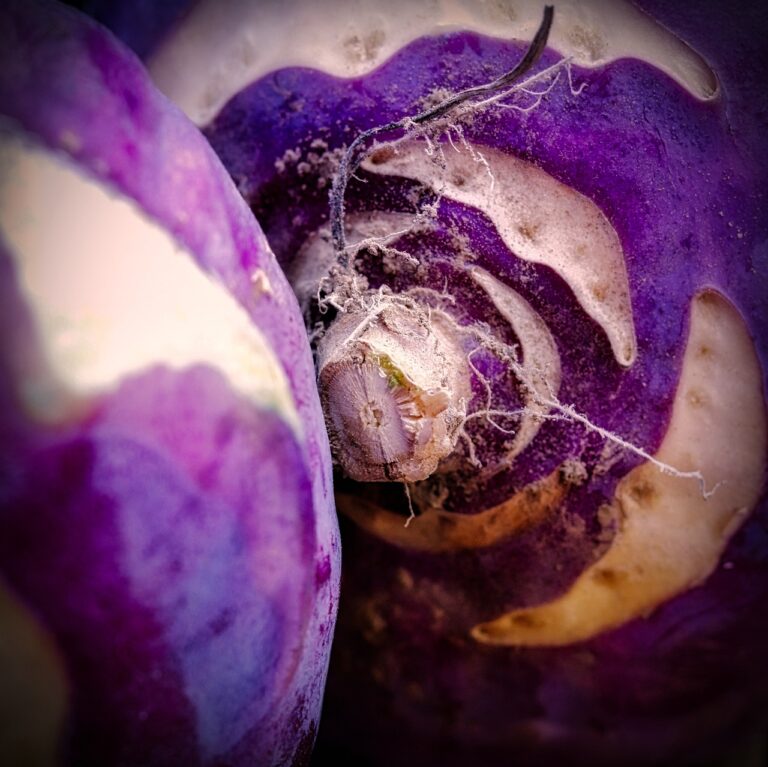Analyzing the Role of Medical Laboratories in Assessing Water Conservation Practices: Allpaanel, Cricket bet 99, Lotus 365.win
allpaanel, cricket bet 99, lotus 365.win: Water conservation is a critical issue facing our world today, with many individuals and organizations working to reduce water waste and promote sustainability. As we strive to protect our planet and preserve our precious water resources, it is essential to analyze the role of medical laboratories in assessing water conservation practices.
Medical laboratories play a crucial role in monitoring water quality and ensuring that our water sources remain safe for consumption. These facilities are equipped with specialized equipment and skilled professionals who can analyze water samples to detect contaminants, pollutants, and other harmful substances. By conducting comprehensive water testing, medical laboratories can help identify potential threats to water quality and public health.
One way in which medical laboratories contribute to water conservation efforts is through the analysis of water usage data. By examining water consumption patterns, labs can identify areas where water is being wasted or misused. By pinpointing these inefficiencies, organizations and individuals can take steps to reduce their water usage and promote more sustainable practices.
Furthermore, medical laboratories play a key role in assessing the effectiveness of water conservation initiatives. By monitoring water quality before and after the implementation of conservation measures, labs can determine the impact of these efforts on water quality and availability. This information is crucial for evaluating the success of conservation programs and identifying areas for improvement.
In addition to monitoring water quality and usage, medical laboratories also provide valuable insights into the development of new technologies and practices for water conservation. Through research and innovation, labs can help identify more efficient ways to treat and recycle water, as well as develop strategies for reducing water waste in various industries.
Overall, the role of medical laboratories in assessing water conservation practices is essential for maintaining the health and sustainability of our water sources. By providing accurate data, expert analysis, and innovative solutions, these facilities play a vital role in promoting water conservation and protecting our environment for future generations.
FAQs:
1. How do medical laboratories test water quality?
Medical laboratories test water quality by analyzing samples for contaminants, pollutants, and other harmful substances using specialized equipment and techniques.
2. What are some common water conservation practices?
Common water conservation practices include fixing leaky faucets, using water-efficient appliances, reducing shower times, and capturing rainwater for irrigation.
3. How can individuals contribute to water conservation efforts?
Individuals can contribute to water conservation efforts by using water wisely, adopting water-efficient practices, and supporting organizations that promote sustainable water management.
4. Why is water conservation important?
Water conservation is important for preserving our water resources, protecting the environment, and ensuring a sustainable future for all living beings.







